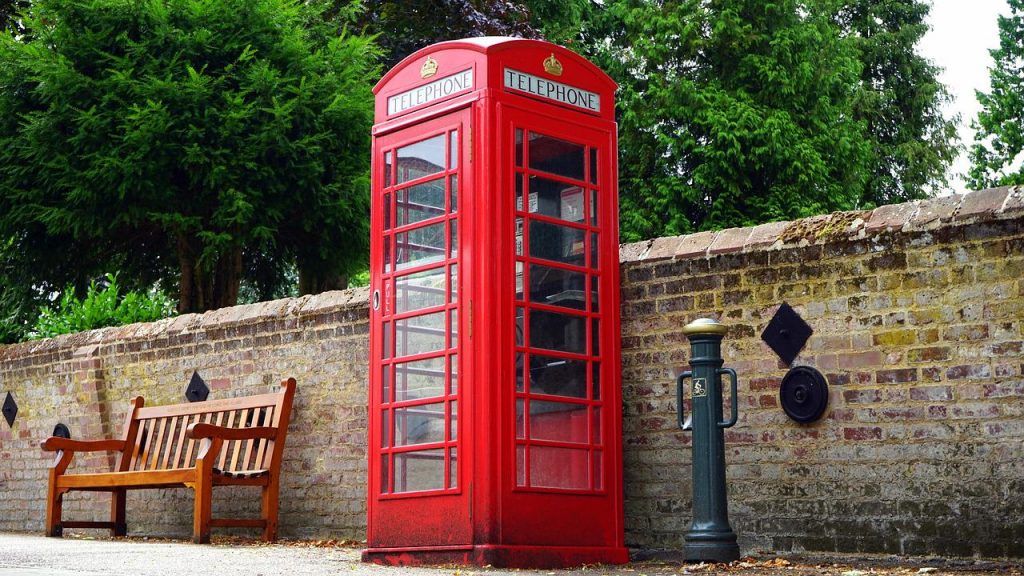Phone Booths Have Finally Gone Extinct?
In what marks the poignant end to an era, phone booths have now gone completely extinct.
This article is more than 2 years old

Those below a certain age will likely not remember nor understand what life was like before the advent of widespread cellphone usage. However, there was a time when people were not glued to their smartphones 24/7. There was an era when the only way to get in contact with someone when you were out and about was to use a phone booth. Unfortunately, though, phone booths and the need for them fell from glory long ago. Finding one now is akin to a yeti sighting. And in New York City, they are now officially becoming extinct.
Barron’s reported that on May 23, 2022, one of New York City’s last standing phone booths was officially dismantled and its pieces sent away on a flatbed. The phone booth stood at the corner of 7th Avenue and 50th street, just north of Times Square. Now, its parts will likely end up being sold for scrap metal.
The order to dismantle the booth came from Manhattan borough president Mark Levine. When Levine commented on his decision to have the booth taken down, a touch of reverence was evident in his tone. “I won’t miss all the dead dial tones but gotta say I felt a twinge of nostalgia seeing it go,” remarked Levine.
Those lamenting the loss of the iconic albeit defunct New York City phone booth can take solace in the fact that a few will remain intact to preserve history. In particular, four separate phone booths will remain erect on the streets of New York as a nod to their contributions to pop culture and film history. By all accounts, since cell phones have only had a stronghold on society for the past 20 years or so, phone booths and payphones would often pop up in films. The four that will be left standing are all located on the Upper West Side of Manhattan along West End Avenue at the intersections of 66th, 90th, 100th, and 101st streets.
While, in a way, it’s sad to witness the ultimate demise of the phone booth, Levine hopes that it will serve as a signal to the start of an even better era of communication. “Truly the end of an era but also, hopefully, the start of a new one with more equity in technology access,” said Levine. His words hold particular weight for Manhattan’s most impoverished neighborhoods. With access to technology becoming more affordable, even the most underprivileged neighborhoods have no reason to house a phone booth.
Ultimately, the end of the phone booth’s reign in New York City signals a definitive end to one era of communication and solidifies an evolution in the way we connect as a populous. Thinking ahead and considering the pace at which new technologies are emerging, it’s likely that smartphones, as the world knows and uses them today, will become a thing of the past, too. It’s not unfathomable to think that in the next decade smart glasses and other augmented reality peripherals could replace current smartphone devices. Phone booths have simply become a casualty of growth and change, and all in all, that’s not a bad thing.






